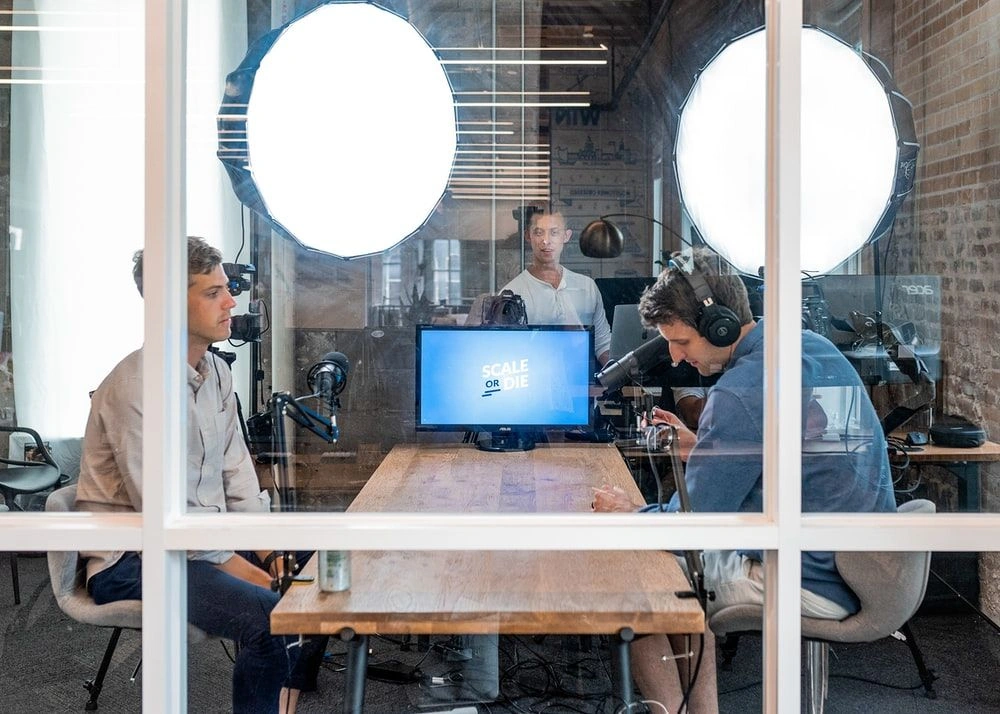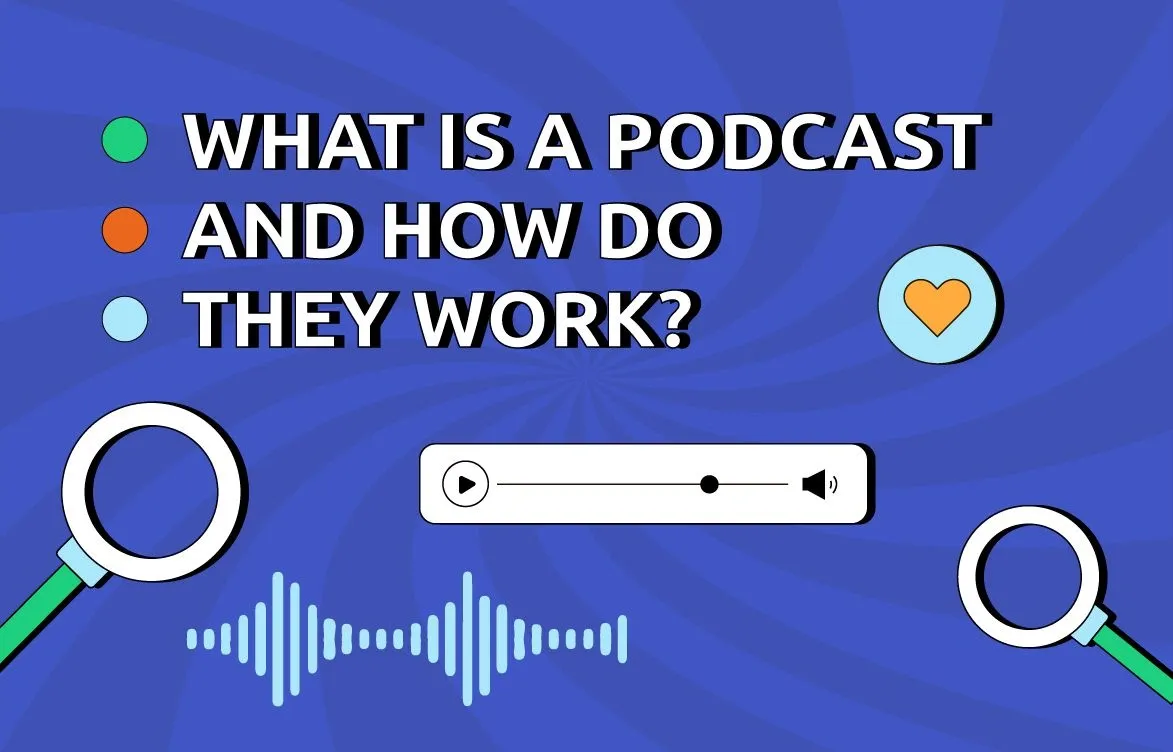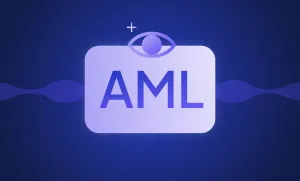Content marketing appears in several varying shapes and sizes. Creators have a lot of options and platforms to unleash their vision. By adding podcasting to the content-creating mix, you have the perfect social media appearance.
Audio is currently being used in clever ways to fit into the content plans of some of the top forward-thinking websites and blogs. Podcasts are proven to be a good substitute for blog posts and even videos for people on the go.
Gear Yourself Up the Right Way
A quality podcast means quality equipment. While you can easily make it by with a beginner’s setup—sometimes with nothing more than a smartphone. Audio quality starts and ends with a microphone. The better microphone you own, the more energetic your podcast will sound.
Most podcast experts talk about purchasing a dynamic microphone that is front-firing with good rejection. In other words, your mic should pick up your voice clearly without the unwanted sounds of your surroundings.
Come Up with An Idea For Your Podcasts
Nobody wants to tune in to hear anyone ramble on about the random thoughts that occur in people’s heads—or maybe they do? That’s how broad and unexpected podcasting can be.
With that being said, it is important to first pick your overall approach to podcasting. Do you want to have special guests, a co-host or would it just be you?
Additionally, you will also need to decide whether you want this to be a weekly show, a bi-weekly airing or more. Keeping things steady and constant is the root of every successful social media presence.
Running the Show as a Solo Host
When you are choosing the exact format of your show, think about your audience. If you hold a sufficient number of followers on social media, your audience more than likely loves to hear what you have to say, so that would be a solid start point.
Once you have decided on your thoughts and niche, you can conveniently launch your own show. Keep in mind, that as the sole host, the work lies on you entirely. From having creative ideas to being a compelling speaker, you will not have anyone to banter with or contribute to their thoughts. Make sure to keep your energy high, and be aware of your responsibilities.
Running the Show With a Co-host

If you prefer to have a partner to help you produce and run the show, it might be time to start choosing your best options. You will need a partner with whom you share raw chemistry and will help with the brainstorming aspects of your show. A co-host team will optimize the show through producer content and maximize popularity, as it will be joining forces of two sets of followers and fans.
Decide the Idea of Your Show
Once you decide on the construction of your podcast, you will have to come up with a comprehensive topic idea. Keep in mind that the topics should be significant enough that will help you generate episodes for months and years.
For example, topics such as digital marketing are rich enough with content that it will have you talking for days. A topic with such broad context is also perfect for 10-minute shows where you can just touch upon the basics.
Some tips on brainstorming includes:
- Before starting your research, consider your audience, their likes, and dislikes.
- Keep in mind that a lot varies with what your audience needs.
- Explore popular podcasts related to your niche. This will help you grasp a better knowledge and approach to make your content different. Make sure to also estimate the pros and cons of each podcast you come across.
- You can also use platforms such as Quora to discover popular topics and questions in your area.
- Contemplate surveying your audience to get direct answers from your potential listener.
The Equipment Needed
When you have just cracked the surface of podcasting, you will find one too many options when it comes to equipment. While you probably don’t need everything mentioned, it is important to branch out and review your options. In fact, a lot of beginner podcasters have produced adequate content with just a good mic and basic recording and editing software.
However if you find it in your budget to splurge on some extra equipment, then by all means , get ready to up your podcasting game. Make sure to have the following items on your list:
- Computer or Laptop:
You will need a computer or a laptop to record and upload your podcast.
- Microphone:
Your podcast is all about the audio. You will need to have a good microphone, and not use your laptop microphone as they do not emit high-quality sounds. Ideally, you should choose a mic with an XLR output like the Blue Yeti Pro.
- Audio Interface:
An audio interface will help you connect your microphone to your computer/laptop, which will also allow playbacks of your recordings after excluding all sorts of noise.
- Mixer:
A mixer is needed when you are carrying out a live interview or combining music to your show for effect. It allows you to control the sound and combine special effects during post-production.
- Headphones:
Having a pair of high-quality headphones is essential because they enable you to hear your own voice throughout the show. This will help you make improvements to minor tweaks or background noise, adjusting your voice respectively.
No equipment option
In a traditional way, you should perform all the above mentioned technical moments to organize a single podcast. However, in the 21st century, the technological advancements allow you to significantly cut off the hassle and expenses. For example, with Podcastle, you can perform the above mentioned lengthy process with few clicks.
Promote Your Podcast
Successfully recording your podcast is just the first step to a successful podcast. Growing a considerable podcast audience might seem overwhelming at first, but with just the right amount of constant promotions, you will be able to obtain a lot of eager listeners. Here are some of the best ways to promote your podcast:
- Present your podcast to Apple, Google, and other platforms.
- Register in a community of podcasters.
- Promote your podcast on social media.
- Collaborate with other podcasters in your niche.








